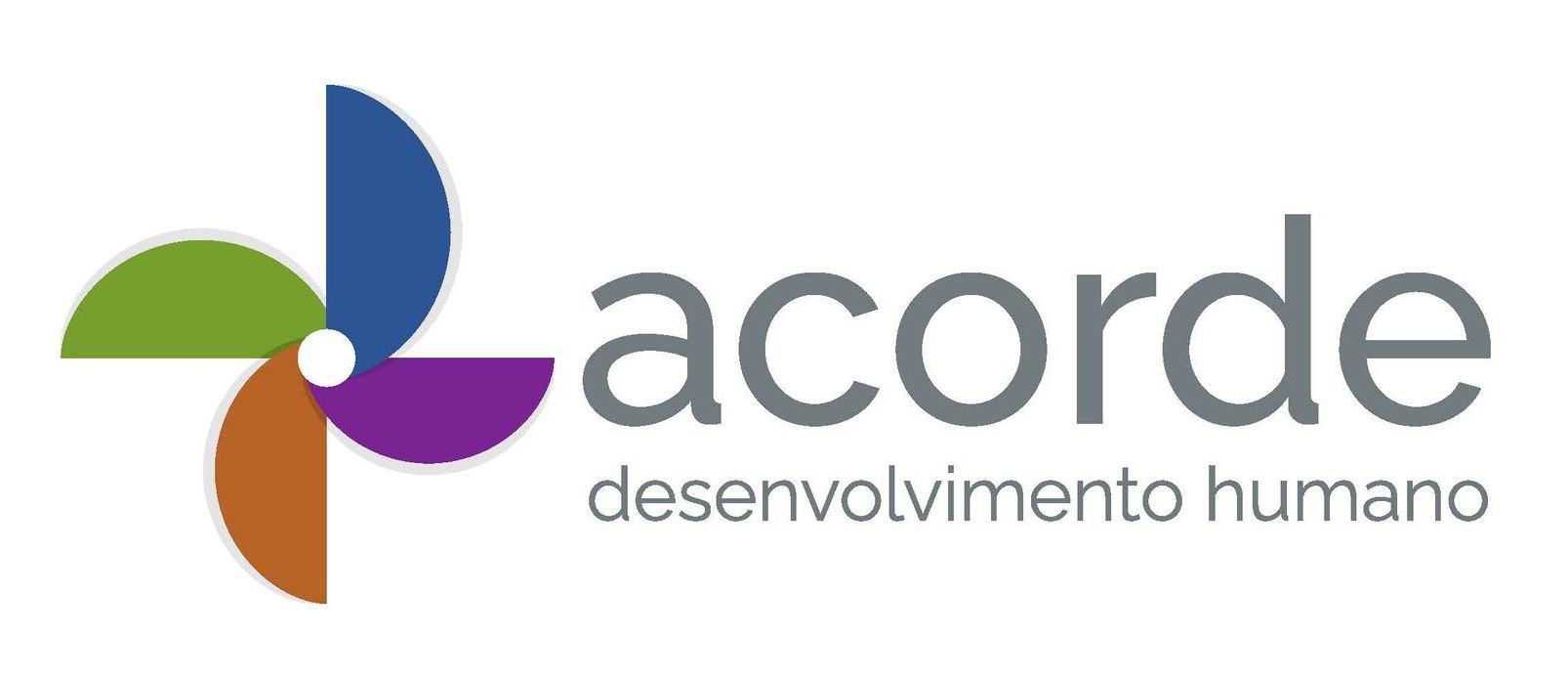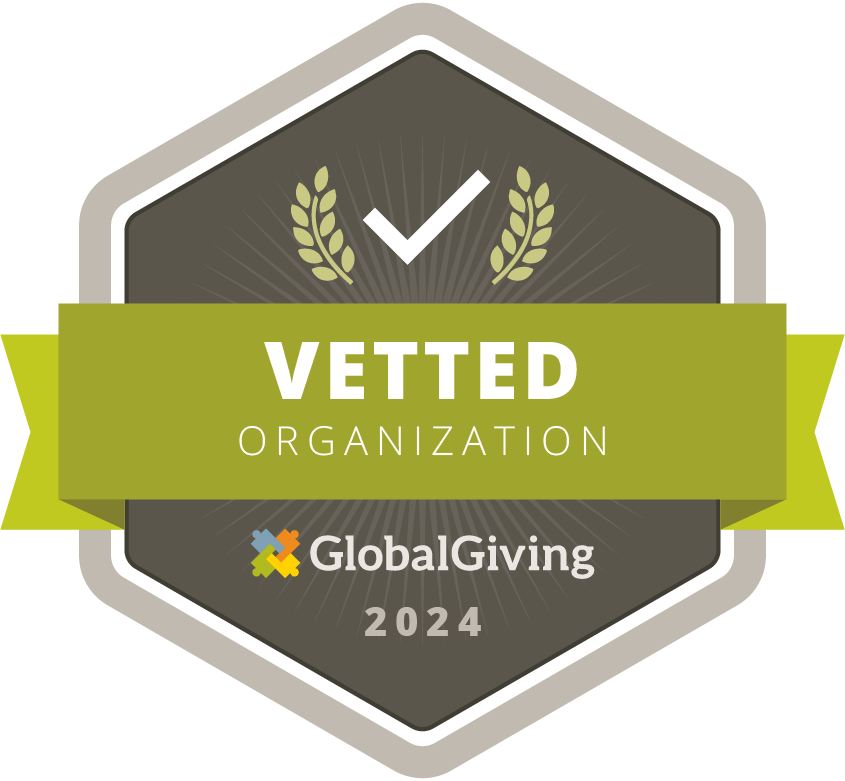Human Development Cycle
Our Socio-educational Programs are designed and structured in such a way that they serve the development of children, adolescents and young people, in a continuous training cycle that integrates a diversity of socio-emotional, artistic, physical and cultural axes.
1st phase
Who am I?
From 7 to 8 years old
Children begin with activities aimed at identity recognition, respect and communication of feelings and emotions, in addition to the development of collectivity and belonging to a group.
2nd phase
Who am I in the world?
From 9 to 12 years old
They become stronger as a collective, work on cooperation and try out different artistic, cultural and sporting activities to begin to identify their interests and skills through experiences, significantly expanding their sociocultural repertoires.
3rd phase
Get your hands dirty!
From 13 to 15 years old
As they are already teenagers, they begin to make choices about which workshops and projects they want to participate in, with autonomy and shared responsibility.
4th phase
Preparing myself for the world?
From 16 to 18 years old
Finishing the cycle and preparing for the next phase of their lives, they identify their technical and behavioral skills and plan their next steps towards achieving their life and career projects, considering the specificities of each sociocultural context.
Socio-educational programs
PLAY
children aged 7 to 8
Our methodology is based on two premises: the importance of free childhood and play. This is how children get to know and relate to the world and to others, recognizing themselves in the context, experimenting, creating and developing.
In this program, children develop and play freely, with the guidance of an educator, through sports, environmental education and music workshops.
CAPTIVARTS
children and adolescents from 9 to 12 years old
Its objective is to promote protagonism and the development of socio-emotional skills, aiming to build relationships based on cooperation, responsibility, respect and resilience.
In this program, children and teenagers take part in workshops on Visual Arts, Music, Theater, Cooking, Sports, Taekwondo and Environmental Education. In addition to the workshops, they participate in events, presentations, special projects and outings.
IN ACTION
teenagers aged 13 to 15
Its objective is to promote the protagonism, commitment and ability to achieve among adolescents, through the choice of workshops, the organization of their routines and the construction of artistic, cultural or social intervention projects.
After having experienced all the workshops in the previous phase, the teenagers choose the ones they most identify with and, individually, create their activity schedules.
DOES NOT RUN
young people aged 16 to 18
Its objective is to develop young people as autonomous, critical, conscious, supportive and competent individuals. As they are in a transition phase due to the end of the school cycle, we support young people so that they can draw up their plans and move towards the realization of their life and career projects.
Acting as monitors in activities supporting the execution of workshops, construction of life and career projects, visits to cultural and artistic spaces, conversations about the job market with companies, income transfer and scholarships for English courses.
The offices
plastic arts
Art transforms the way we imagine and understand the world.
It is a way for an individual to express their emotions, history and culture. Through the history of art, it is possible to learn a little more about human beings through the evolution of their various expressions, or to learn about the history and traditions of a country through its cultural manifestations.
In art workshops, participants expand their artistic and cultural repertoires, experiment with and improve different artistic techniques, develop protagonism through original creations and are encouraged to be creative and express themselves artistically.
between me
environmental education
Environmental education workshops encourage children, teenagers and young people to have a closer and more affectionate relationship with nature. Environmental awareness is the first step towards building sustainable habits that last a lifetime.
As strategies, we create cultivation spaces and encourage reflection on the seasonality of food, based on the premise that the act of planting, caring for, harvesting and cooking is also an opportunity to care for the planet and for oneself, putting into practice the concept of food security. They also contribute to strengthening territorial belonging, developing a sense of shared socio-environmental co-responsibility and recognizing and identifying environmental problems and impacts.
capoeira
They seek to promote Afro-Brazilian culture, with the practice of capoeira as a form of expression and ancestral connection, involving music, body movements and historical repertoire.
In capoeira workshops, we promote racial identification and pride among black children, adolescents and young people, we develop the practice of movements and their origins, we establish parallels between the difficulties of movements and the challenges of life in society, we expand rhythmic and corporal references and we value black culture.
Culinarte
"Cooking is not a service. Cooking is a way of loving others.” (Mia Couto)
In cooking workshops, they understand the concepts of healthy eating, food safety and the correct use of food. They also encourage sharing, dialogue, care for food and the pleasure of cooking. They offer a space where they can cook with freedom to create and recreate recipes, rescuing the emotional memory of dishes from their own family and from other cultures and places. They stimulate the ability to concentrate and coordinate, promoting socialization, creativity and the discovery of food. They also develop other areas of knowledge, such as ethics, health, environment, mathematics, Portuguese, history, recycling and waste reuse.
cooperative games
and Africans
Cooperative Games workshops, associated with non-conventional sports, expand the sports and movement repertoire of children, adolescents and young people. Working with this alternative tool, participants develop cognitive, physical and social aspects, helping to value others and their different skills.
The African Games workshops helped children and teenagers come into contact with different aspects of African culture, decolonizing the imagination regarding this continent.
music
Music workshops strengthen the development of motor, rhythmic and melodic skills in children, teenagers and young people, also valuing the creativity and artistic awakening of each one.
Collective action is encouraged, requiring constant listening and respect for the expression of others.
Percussion as a tool provides contact with Afro-Brazilian culture and exchange with audiovisual and capoeira.
taekwondo
Taekwondo workshops develop each participant's self-confidence by connecting them to body and mind awareness.
They experience the feeling of winning and losing, are encouraged to concentrate, be disciplined and respectful, develop practices for managing issues such as anxiety and insecurity and make connections with everyday situations and life.
theater
Theater acts as an enabling instrument for the improvement and critical and identity empowerment of children, adolescents and young people. Through it, they develop protagonism and verbal, oral and corporal expression.
The entire process is based on theoretical and practical references, such as the study of dramatic texts using the Stanislavski method and the Santiago Garcia method. Original texts are also explored, such as “Tibira”, written in Portuguese and Tupi-Guarani, as well as works by female playwrights, women and black people.
Frequently Asked Questions
Question? We're here to help.
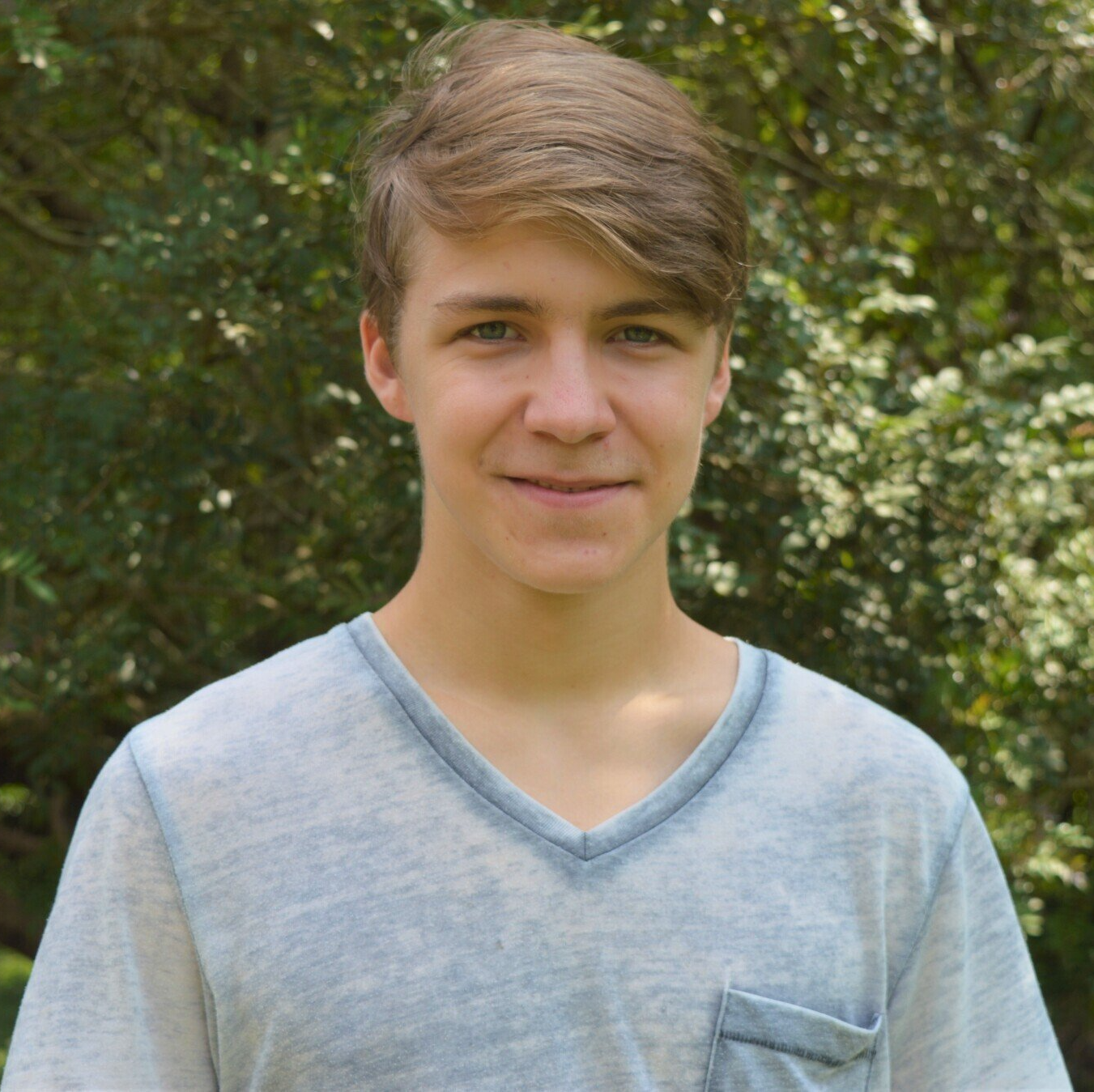
“I think it’s interesting to see that even though they’re different, the children here get along well, play together and help each other. If everyone lived like this, our world would be a better place!”
Felix Has
Voluntary
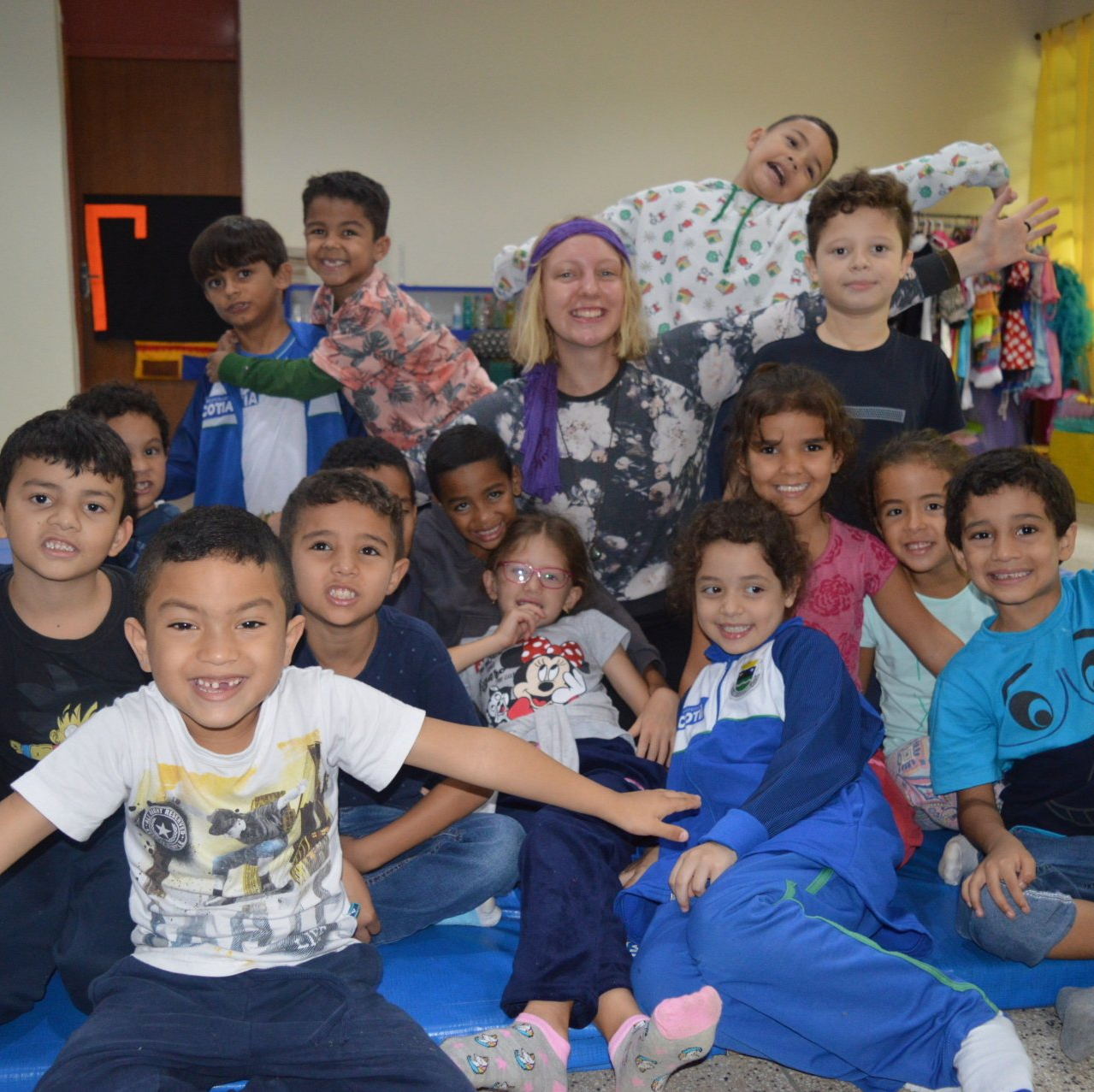
“Here the children have many opportunities, they are creative, and if they have a problem they are free to talk to the teachers. They are very happy, they can play, make music, theater. Here they can be children!”
Joana Mahle
Volunteer
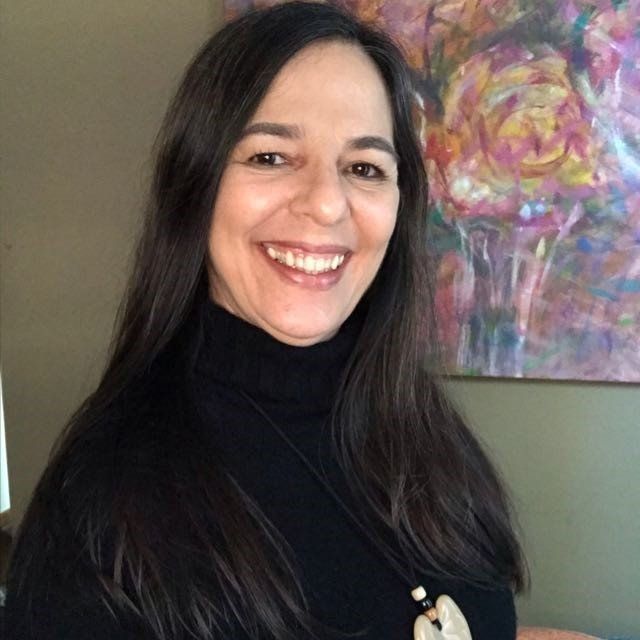
The students say that being at Acorde is like getting to know the world without leaving the place, and at the same time flying and getting to know the universe from different angles. Values such as freedom combined with a sense of responsibility towards oneself, towards others, towards the space and towards the community are recognized by them.”
Maria Eugenia "Noca"
Former Pedagogical Coordinator
Be a part of it
There is no transformation without social engagement.
Only together can we provide support to the families of children, teenagers and young people who attend Acorde.


